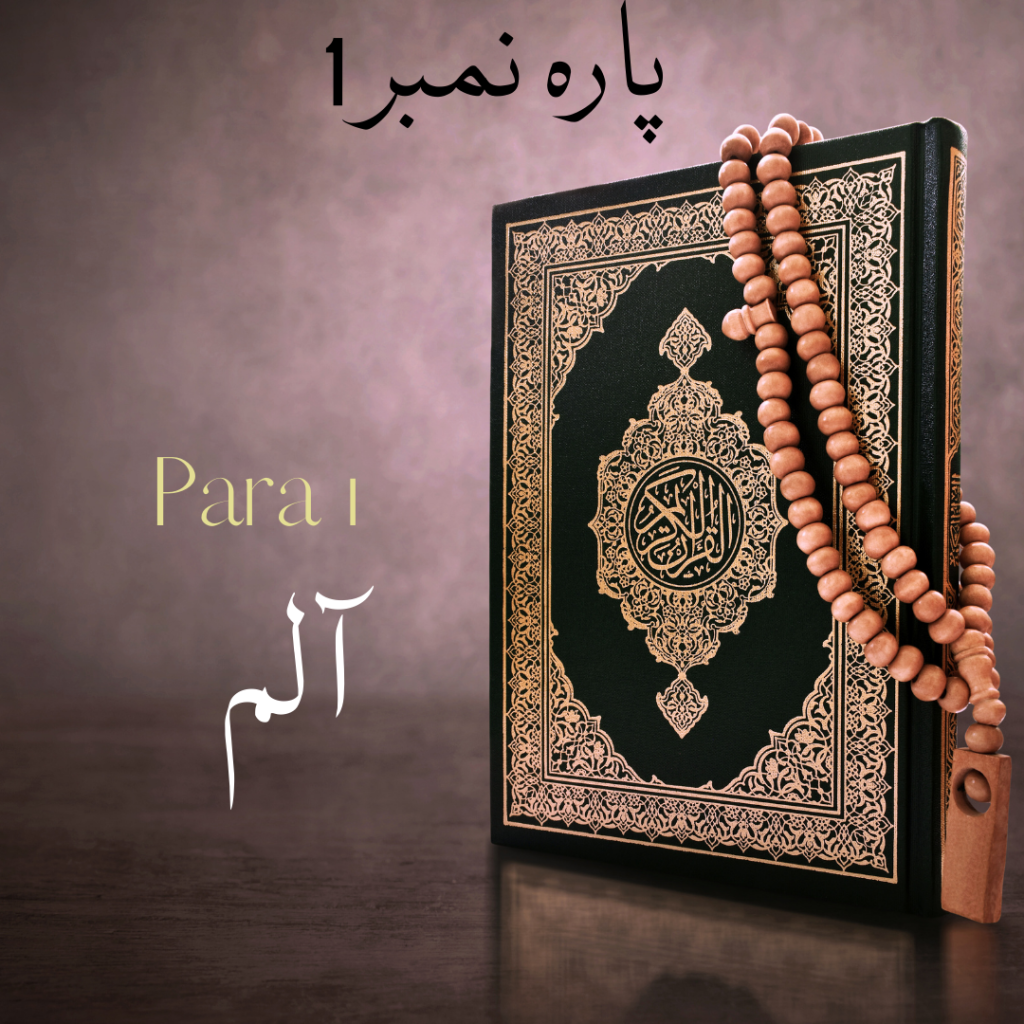Quran para 8 read online
Al Quran para 8 begins with verse 111 of Surah Al-An’am and extends to verse 87 of Surah Al-A’raf. Juz 8 Surah Al-An’am addresses the erroneous ethical behaviors prevalent among the pagans before Islam. One of these erroneous practices involved the arbitrary formation of laws by the pagans, devoid of any divine guidance. Contrary to their fabricated laws, every law prescribed by Allah (swt) possesses inherent wisdom and is not haphazardly formulated. Additionally, verses 150-157 discuss the fundamental laws of Allah (swt), which are articulated in all divine religions and are integral to the message of all Prophets. Surah Al-An’am concludes with a profound reminder urging us to undertake every action solely for the sake of Allah (swt), guided by His divine teachings
The first 87 verses of Surah Al-A’raf in 8 para of Quran revolves around the stories of previous nations and their interactions with their messengers, highlighting the consequences of disbelief and disobedience, as well as the rewards of faith and obedience.
Juz 8 summary
Al Quran juz 8 is divided into two parts:
1. Remaining portion of Surah Al-An’am
2. Initial portion of Surah Al-A’raf
In the first part, the remaining portion of Surah Al-An’am in holy quran para 8 contains four points:
1. Consolation to the Messenger
2. Four follies of the polytheists
3. Two blessings of Allah
4. Ten injunctions
Consolation to the Messenger
In this Surah, the Messenger of Allah (peace be upon him) is consoled, affirming that these people are persistent in their opposition, continually demanding miracles without reason. Even if the dead were to converse with them, they would still not believe. The miracle of the Quran is sufficient to instill faith.
Four Follies of the Polytheists
- They divided their gods and Allah’s portion, ensuring no overlap between them. But if Allah’s portion coincided with that of their gods, they considered it objectionable.
- They killed their daughters due to the fear of poverty or disgrace.
- The Polytheists categorized their livestock into three types: one reserved exclusively for their idols, another prohibited from riding, and a third dedicated to be slaughtered in the name of entities other than Allah.
- They considered the child born out of wedlock permissible for women but impermissible for men.
Two Blessings of Allah
1. Agriculture
2. Livestock
Ten Injunctions
- Not associating anyone with Allah.
- Treating parents with kindness.
- Not killing children for fear of poverty.
- Avoiding sins.
- Abstaining from unjustified killing.
- Not devouring the property of orphans.
- Fulfilling weight and measure accurately.
- Being just in speech.
- Fulfilling the covenant with Allah.
- Following the straight path.
(Second Part) The initial portion of Surah Al-A’raf included in contains para 8 quran majeed five points:
Blessings of Allah
(1) The Quran.
(2) Establishment on the earth.
(3) Creation of humans.
(4) Making humans worship angels.
Four Calls
In juz 8 Quran Surah Al-A’raf alone, Allah has called upon humans four times with “O children of Adam”. The first three calls mention clothing, and in this context, Allah rejects the polytheists’ claim that Allah commanded them to circumambulate naked, as they alleged. In the fourth call, Allah encourages following the Messenger.
Dialogue between the inhabitants of Paradise and Hell
The dwellers of Paradise will say, “Our Lord has fulfilled His promise. Have you also found the promises of Allah to be true?” The inhabitants of Hell will acknowledge, and they will beg for food and drink, but the dwellers of Paradise will say, “Allah has made His favors forbidden upon the disbelievers.”
Proofs of Allah’s Power
(1) High and lofty heavens.
(2) Vast and expansive throne.
(3) The system of night and day.
(4) Glowing sun, moon, and stars.
(5) Winds and clouds.
(6) Plants emerging from the earth.
Stories of Five Nations
(1) The people of Noah.
(2) The people of Aad.
(3) The people of Thamud.
(4) The people of Lot.
(5) The people of Shu’aib.
The wisdom behind these stories Quran Pak para 8 :
- Consolation to the Messenger.
- Declaring the outcomes of the good and evil.
- Assuring that Allah’s delay is not darkness.
- Evidence of Prophethood, despite being unlettered, by narrating stories of previous nations.
- Lessons and admonitions for humanity.

